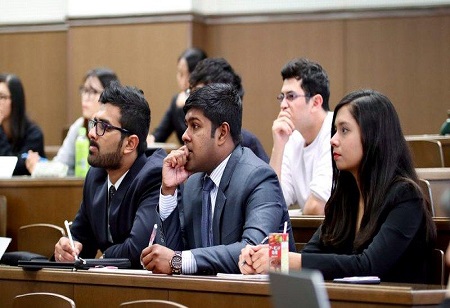In an effort to secure the critically required employees, the Japanese government intends to let international students at certain of these vocational schools look for work in fields unrelated to their study subjects. According to the statement from Ministry of Justice regulations, vocational school students have to accept employment that is at least slightly related to their fields of study. In order to treat foreign students attending institutions accredited by the education ministry similarly to international graduates at Japanese universities while allowing them to select from an expanded variety of occupations, the ministry will amend this as early as autumn. On average, 300 of the country's 2,800 schools are predicted to be placed in this group.
To tackle recurring shortages of labor in the face of fierce international competition, the Japanese government is reevaluating its regulations in order to draw in talents from outside. While pondering lowering barriers for foreigners, it is taking into consideration employment other than industries like manufacturing and agriculture and even office-related activities. During the fiscal year 2021, around 32,000 foreign students have been graduated from vocational schools, in that 10% left Japan after graduating due to a lack of job offers, as stated by Japan Student Service Organization. Recognizing that a university education qualifies graduates with a diverse variety of competencies, Japan is accommodating when it comes to the occupations that foreign students who have graduated from Japanese institutions are eligible for. For instance, a graduate having a business degree may work as a translator and interpreter for an IT firm.
Graduates of vocational schools are viewed somewhat differently and are expected to find employment in their primary fields. Given the information provided in applications, this is going to adjust for graduates of approved institutions. According to the Education Ministry, this modification will result in a surge of up to 3,000 students from vocational schools securing jobs in Japan every year. Over 60% of its international students continue to reside there five years following graduation, and over 40% are still there ten years later, indicating Canada and Germany's superior retention rates. Japan's performance is poor; after five years, retention is just 40%, and after ten years, it is only 20%.

